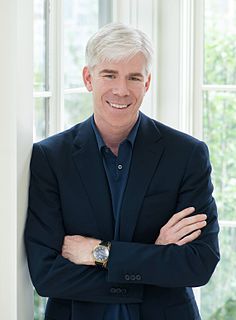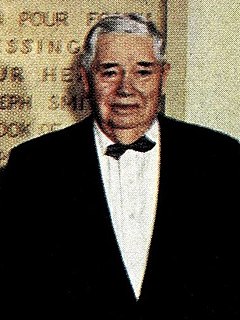A Quote by Cathy McMorris Rodgers
By Congress delegating its authority to the executive and judicial branches, we've removed the American people from the process. They're left as bystanders to the whims of executive overreach, and they're watching the country they know and love slip away. Worse, they think their representatives are powerless to stop it.
Related Quotes
In recent years, Republicans have argued that Congress is a more responsible policymaker than the executive branch. But when it comes to regulation, Congress is often much worse, and for just one reason: Executive agencies almost always focus on both costs and benefits, and Congress usually doesn't.
I was very, very concerned about President Obama and how much executive order and how much executive power he tried to exert. But I think I want to be, and I think congress will be, a check on any executive, Republican or Democrat, that tries to grasp too much power. And really, a lot of the fault is not only presidents trying to take too much power, it's Congress giving up too much power.
The constitution has divided the powers of government into three branches, Legislative, Executive and Judiciary, lodging each with a distinct magistracy. The Legislative it has given completely to the Senate and House of Representatives. It has declared that the Executive powers shall be vested in the President, submitting special articles of it to a negative by the Senate, and it has vested the Judiciary power in the courts of justice, with certain exceptions also in favor of the Senate.
At a certain point you have to make a decision in your life about where will you best serve, and I decided that I would best serve as a producer as opposed to a studio executive. There are many upsides to being the studio executive, but one of the downsides is that you get removed from the actual process of making the movie.
































